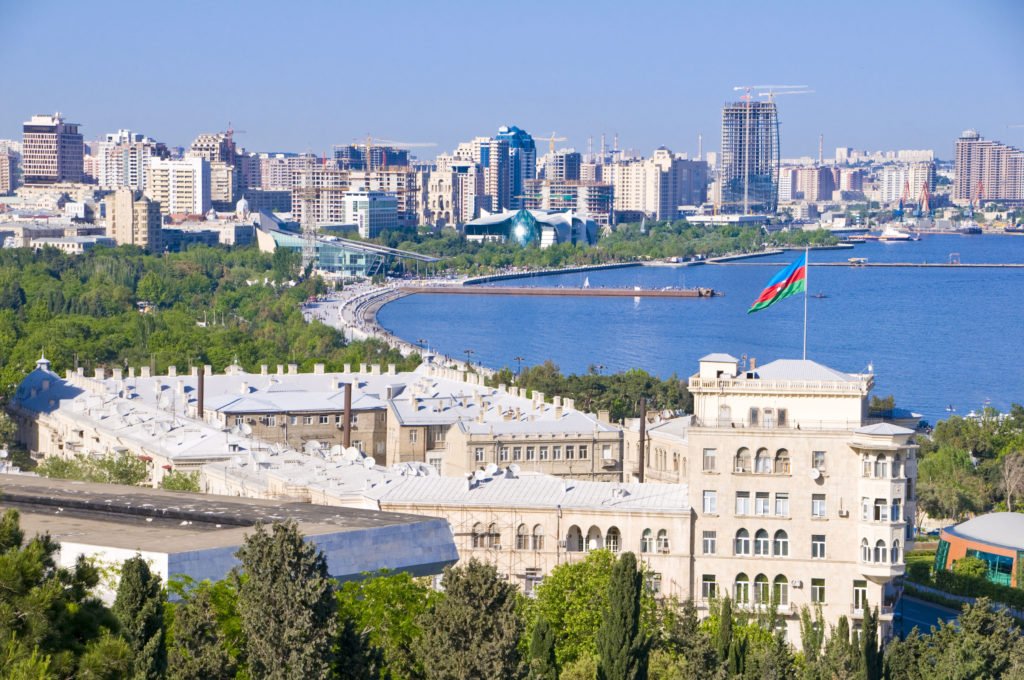BAKU
The International Monetary Fund (IMF) said that structural reforms were needed in Azerbaijan for the country to reach its productivity and long-term growth potential, as it recommended more fiscal flexibility to stimulate the economy.
“Diversifying the economy and promoting the development of a dynamic non-hydrocarbon sector is crucial for boosting Azerbaijan’s economic growth prospects and creating jobs,” the IMF said in the report, following consultations with Azerbaijan’s government. The IMF recommended gradually shifting fiscal policy to growth-friendly consolidation.
Oil and gas still account for about 95 percent of Azerbaijan’s exports and 75 percent of government revenue, with the hydrocarbon sector also generating about 40 percent of the country’s economic activity, making the Caspian Sea republic particularly vulnerable to a downturn in gas and crude prices.
The IMF said that structural reforms should include improving the governance, transparency and efficiency of state-owned enterprises, promoting competition, and ensuring sufficient funding for education, healthcare, and social protection.
It said that well-targeted social spending needed to protect the most vulnerable and improve inclusiveness and productivity.
“Given the projected decline in oil resources, oil wealth needs to be shared with future generations to ensure intergenerational equity,” the IMF said. “Improvements in the efficiency of public spending, generalised subsidies, public employment, and taxation could support fiscal consolidation.”
The IMF’s mission recommended reintroducing the fiscal rule that was suspended by the government in response to the COVID-19 pandemic.
“Allowing the fiscal balance to move from a surplus to deficit in 2020-21 was appropriate, given the severity of the shocks and the need to fight the COVID-19 and mitigate the adverse impact on the population and businesses,” the IMF said.
“Fiscal policy would need to remain flexible in the uncertain environment, and, if downside risks were to materialise, automatic stabilisers should be allowed to operate, and additional, targeted relief should be provided as needed,” it added.
The IMF also said that monetary policy easing was “appropriate”, although bank lending rates eased only moderately and remained relatively high.
Last week, Azerbaijan’s Central Bank kept its key refinancing rate unchanged at 6.25 percent as annual inflation remained within forecasts. It also kept the upper level of the rate corridor at 6.75% percent and the lower level at 5.75 percent.
The central bank has kept the rate unchanged since December 2020, when it cut it 25 basis points from 6.50 percent.
The IMF said following the easing during the pandemic, gradual normalisation of bank prudential and regulatory measures needed to be continued.
“However, this normalisation should proceed carefully, in line with progress in combating the pandemic and re-opening the economy,” the IMF said.
“Further improvements in the central bank’s policy frameworks and initiatives to develop financial markets and improve financial intermediation and access to finance would provide additional support to the diversification of the economy and improvements in its productivity and resilience.”

